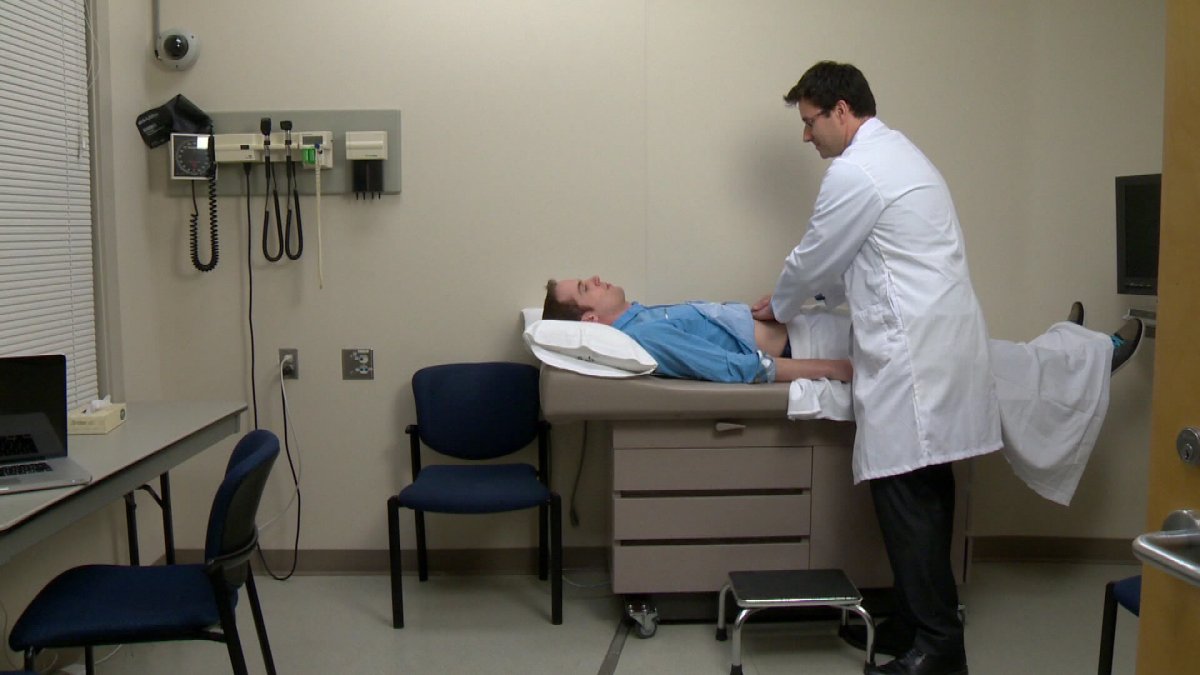Researchers out of Case Western Reserve University School of Medicine have identified fungus as a “key factor” in Crohn’s disease.

Crohn’s disease, a gastrointestinal disorder, affects 1 in 150 Canadians. Symptoms include abdominal pain, diarrhea, nausea and vomiting and weight loss as well as anemia and fatigue.
READ MORE: New study to see if diet can help people with Crohn’s and Colitis
Doctors have been unable to determine why people contract the disease. It was often thought to be an autoimmune disease, but newer research suggested that the inflammation was caused by the immune system attacking particular bacteria.
WATCH: New study to see if diet can help people with crohn’s and colitis

“We already know that bacteria, in addition to genetic and dietary factors, play a major role in causing Crohn’s disease,” said the study’s senior and corresponding author, Mahmoud A. Ghannoum, PhD, professor and director of the Center for Medical Mycology at Case Western Reserve and University Hospitals Cleveland Medical Center.
“Essentially, patients with Crohn’s have abnormal immune responses to these bacteria, which inhabit the intestines of all people.”

Get weekly health news
Bacteria and fungi are microorganisms, and are similar. The researchers studied those with Crohn’s and their relatives who didn’t have the disease. They looked at both bacteria and fungi in fecal samples and found an interaction between two types of bacteria — Escherichia coli and Serratia marcescens —and the fungus Candida tropicalis. The interaction was higher than that found in their disease-free relatives.
When the bacteria join with the fungus, it forms a biofilm, which then can trigger inflammation and further symptoms of Crohn’s.
Though fungus had been previously found in mice with the disease, this is the first time that it was found in humans.
“Our study adds significant new information to understanding why some people develop Crohn’s disease,” said Ghannoum. “Equally important, it can result in a new generation of treatments, including medications and probiotics, which hold the potential for making qualitative and quantitative differences in the lives of people suffering from Crohn’s.”


Comments